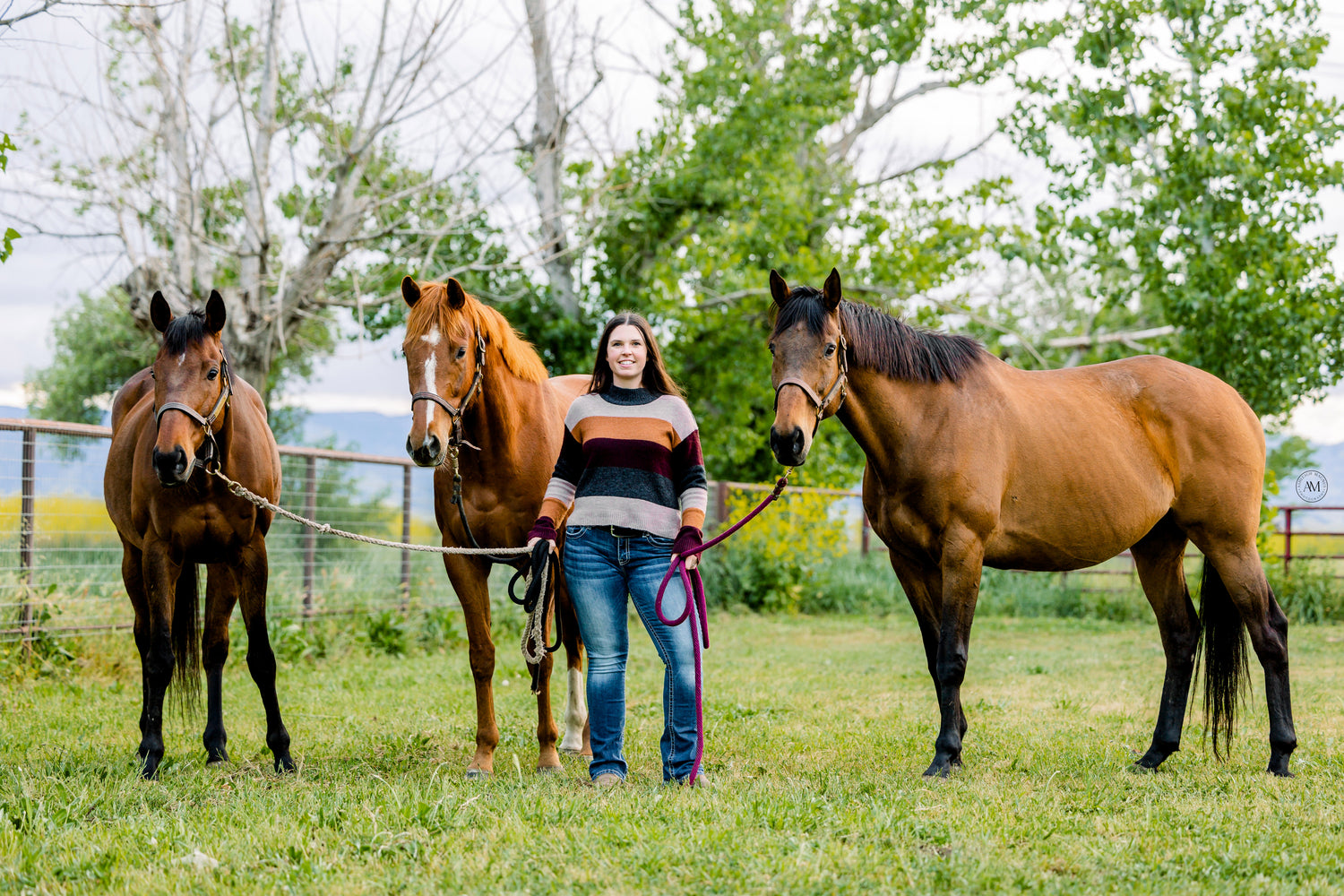Nice to meet you!
At the heart of every webinar is a goal of education for the horse owner. I am passionate about educating and empowering riders, trainers, owners, and horse lovers so we may all work together to keep our horses healthy, happy, and comfortable.

meet your TEACHER
Lauren Maas, MS, BS, CEMT
Qualifications:
2024 | MS in Animal Biology - University of California, Davis
2022 | Certified Equine Massage Therapist - Animal Rehab Institute
2021 | Certificate in Equine Welfare - University of Guelph
2018 | BS in Animal Science - University of California, Davis
